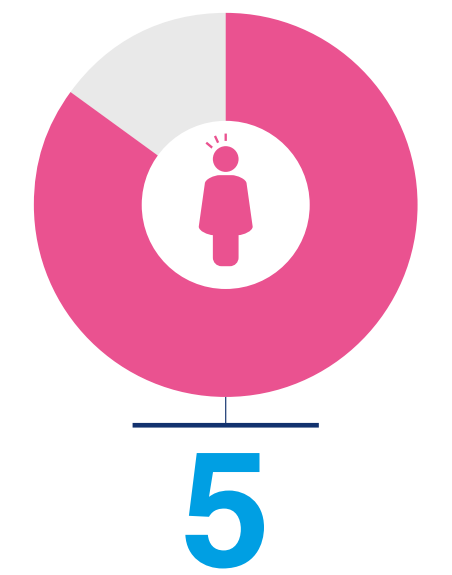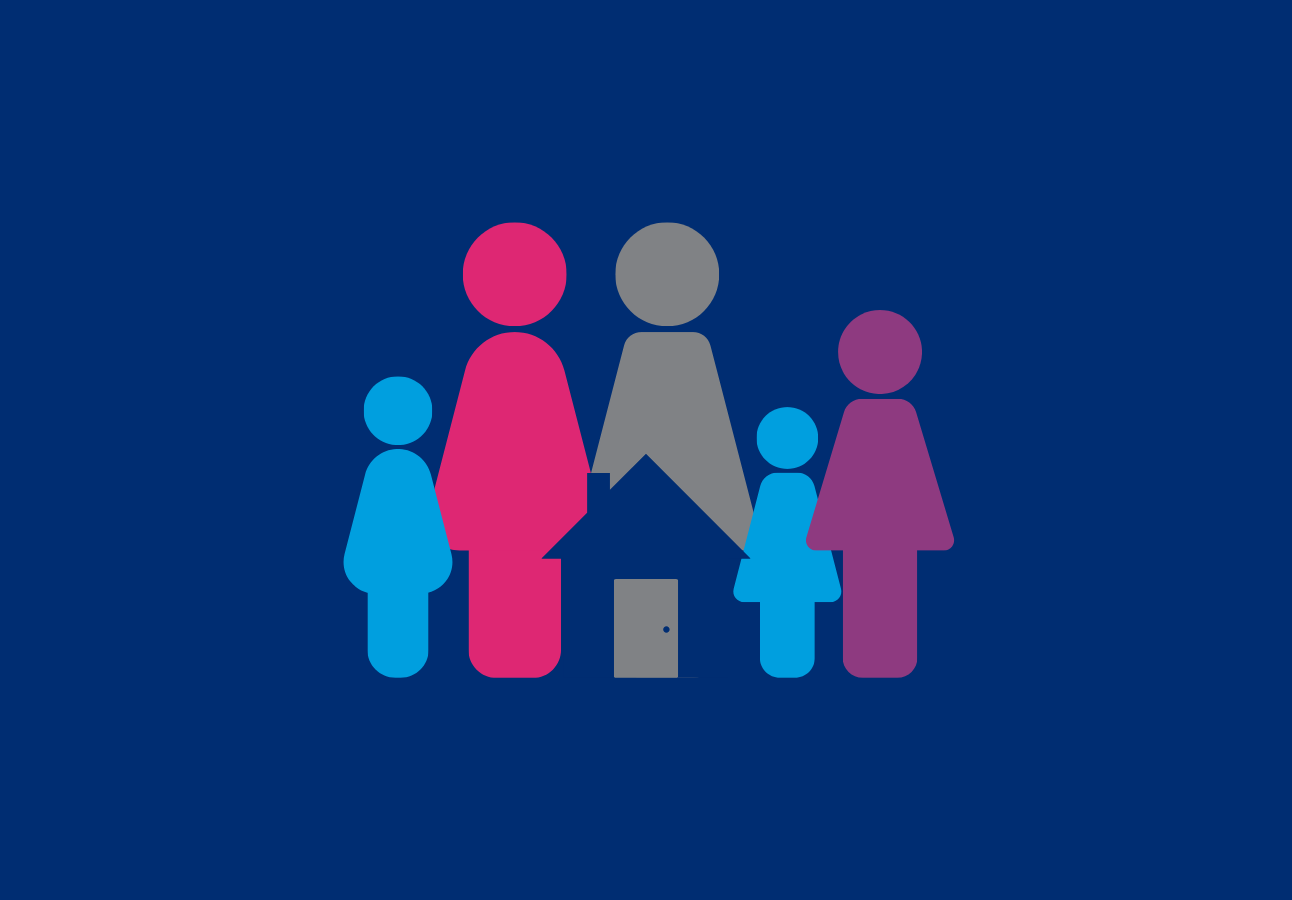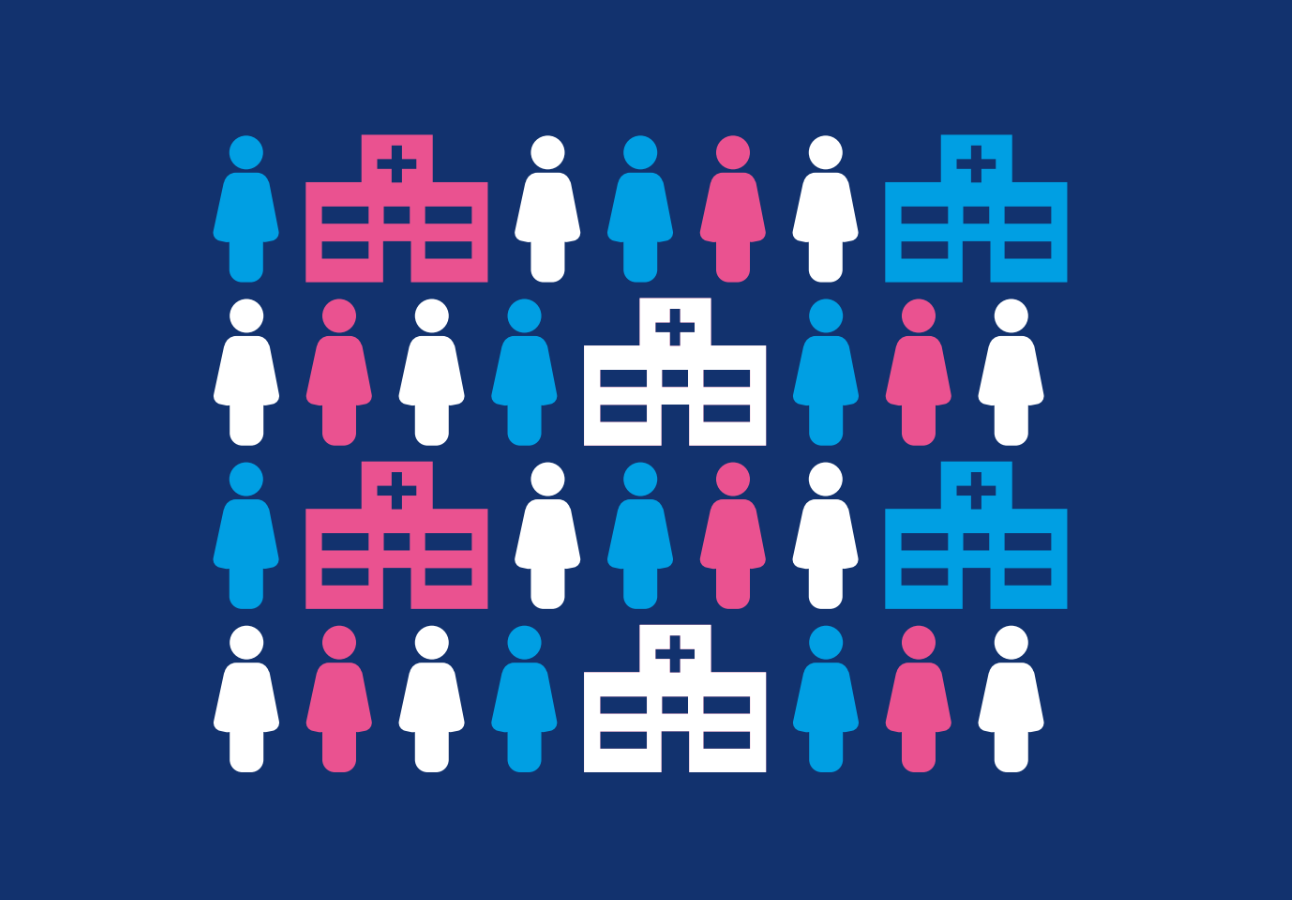
Too many missed opportunities
Every contact represents a chance for us to help the victim disclose and get help – a chance that was missed, leaving the family to live with abuse for longer.
Our data shows in the year before they got effective help:
- 78% of victims at high risk of serious harm or murder and 62% of victims at medium risk reported the abuse to the police
- 23% of victims at high risk of serious harm or murder and 10% at medium risk went to an accident and emergency (A&E) department because of their injuries. In the most extreme cases, victims reported that they attended A&E 15 times.
What needs to be done
We need to create the system to find every family as quickly as possible and get the response right, first time, for every family.
That means all mainstream services must create an environment where any member of the family can tell someone about domestic abuse and know that it will be acted on. And every professional should make identifying domestic abuse part of what they do, day-to-day. They should ask about domestic abuse whenever they are worried about a family. And we should have more specialist domestic abuse services based in the community, like putting Idva services in A&E departments.
We have to get it right first time, for every family living with domestic abuse.



